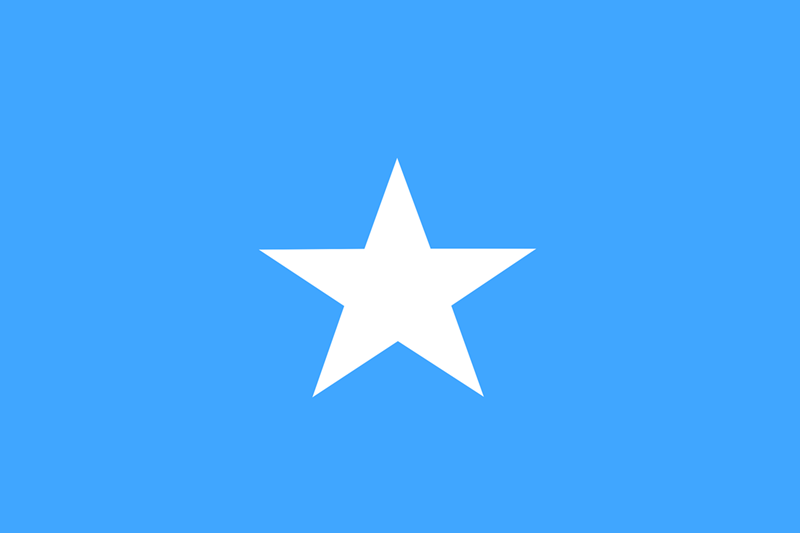President Hassan Sheikh Mohamud today officially registered for Somalia’s upcoming “one person, one vote” elections, marking a symbolic moment in the country’s push towards universal suffrage after more than two decades of indirect voting.
In a brief but high-profile visit to Warta Nabadda District in Banadir Region, President Hassan Sheikh completed the biometric voter registration process — a procedure that includes capturing a citizen’s photograph, fingerprints, and personal details. The initiative is being led by the National Independent Electoral Commission (NIEC), which has been rolling out registration equipment to Banadir and several federal member states in recent weeks.
The president’s registration underscores his administration’s commitment to shifting away from the clan-based power-sharing system that has dominated Somali politics since the 2000 Arta Peace Conference. For the first time in decades, Somali citizens will be able to directly choose their local government leaders through a public ballot, with the long-term goal of extending the model to parliamentary and presidential contests.
“This is about restoring the power of choice to our people,” President Hassan Sheikh told reporters after registering. “Somalia’s future belongs to its citizens, and they must be the ones to decide who truly represents them.”
The president now joins Prime Minister Hamza Abdi Barre and Speaker of the House of the People Sheikh Adan Mohamed Nur (Adan Madobe), who both registered earlier this month. This means all three top leaders of the Federal Government have publicly taken part in the process — a move intended to build public trust and encourage nationwide participation.
Somalia’s last direct popular vote was held in 1969, just months before a military coup brought Siad Barre to power. Since the fall of the Barre regime in 1991, political instability and insecurity have prevented nationwide direct elections. Instead, leaders have been selected through an indirect system in which clan elders choose parliamentarians, who then elect the president.
Efforts to introduce universal suffrage have been repeatedly delayed due to security threats from the al-Shabaab insurgency, logistical challenges in registering millions of citizens, and political disputes between the federal government and member states. However, recent security gains in some regions and increased international support have reignited hopes for democratic reform.
The first phase of the electoral rollout will focus on local government elections, seen as a testing ground for broader implementation. The NIEC has confirmed that municipal polls will be conducted before the end of 2025, followed by preparations for a nationwide general election under the “one person, one vote” model.
Officials have stressed that the process will be gradual, with registration drives expanding to additional regions as security and logistical conditions allow.
Voter registration involves a combination of manual and digital data collection, with biometric devices ensuring accuracy and reducing the risk of duplicate entries. Once registered, citizens receive voter cards granting them the right to participate in upcoming local elections.
President Hassan Sheikh’s public registration is both a symbolic and strategic step in Somalia’s democratic journey. While challenges remain — from securing polling stations to ensuring political consensus — today’s move signals that the country’s top leadership is committed to delivering on a promise that has eluded Somali voters for over half a century.

